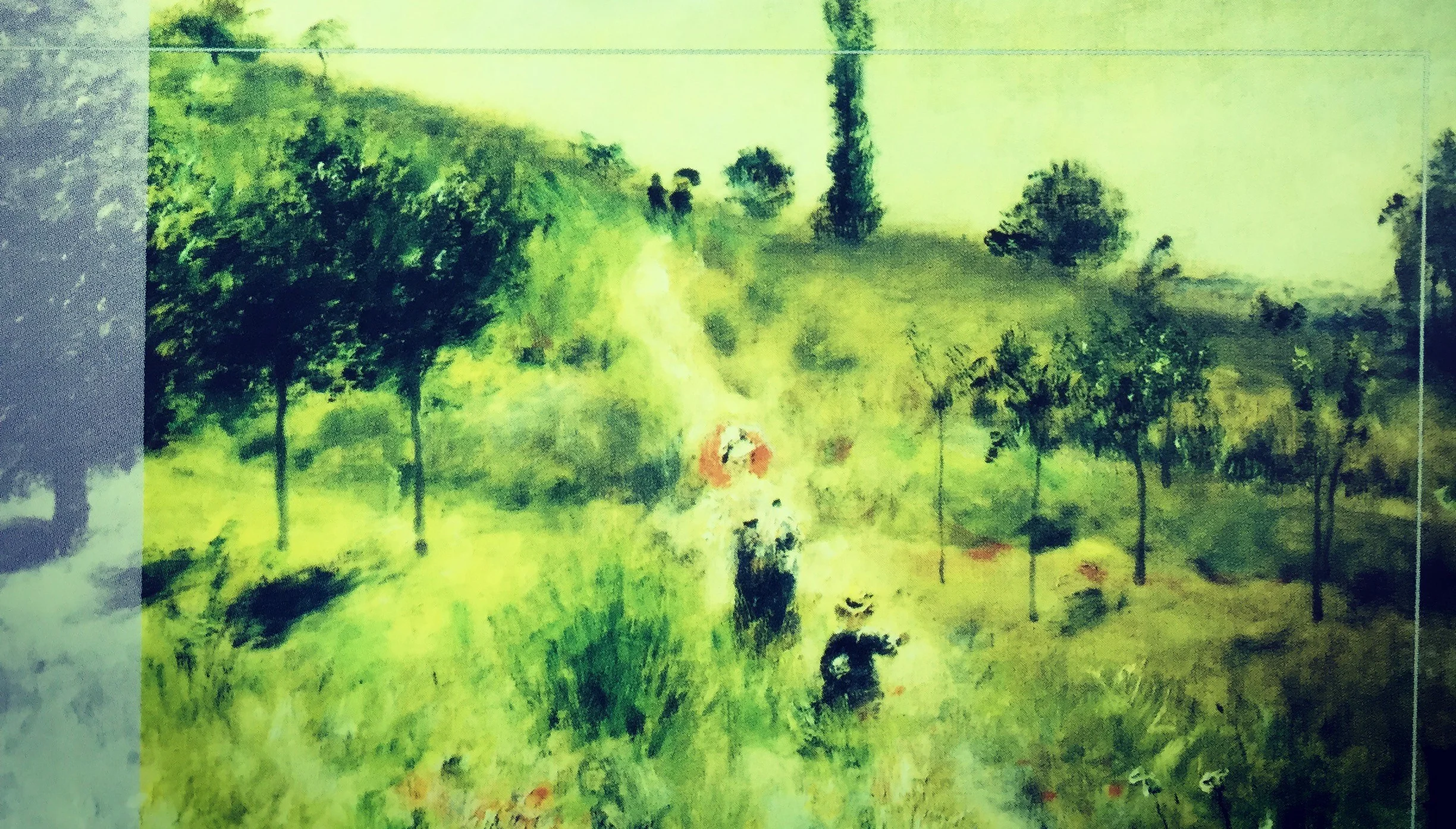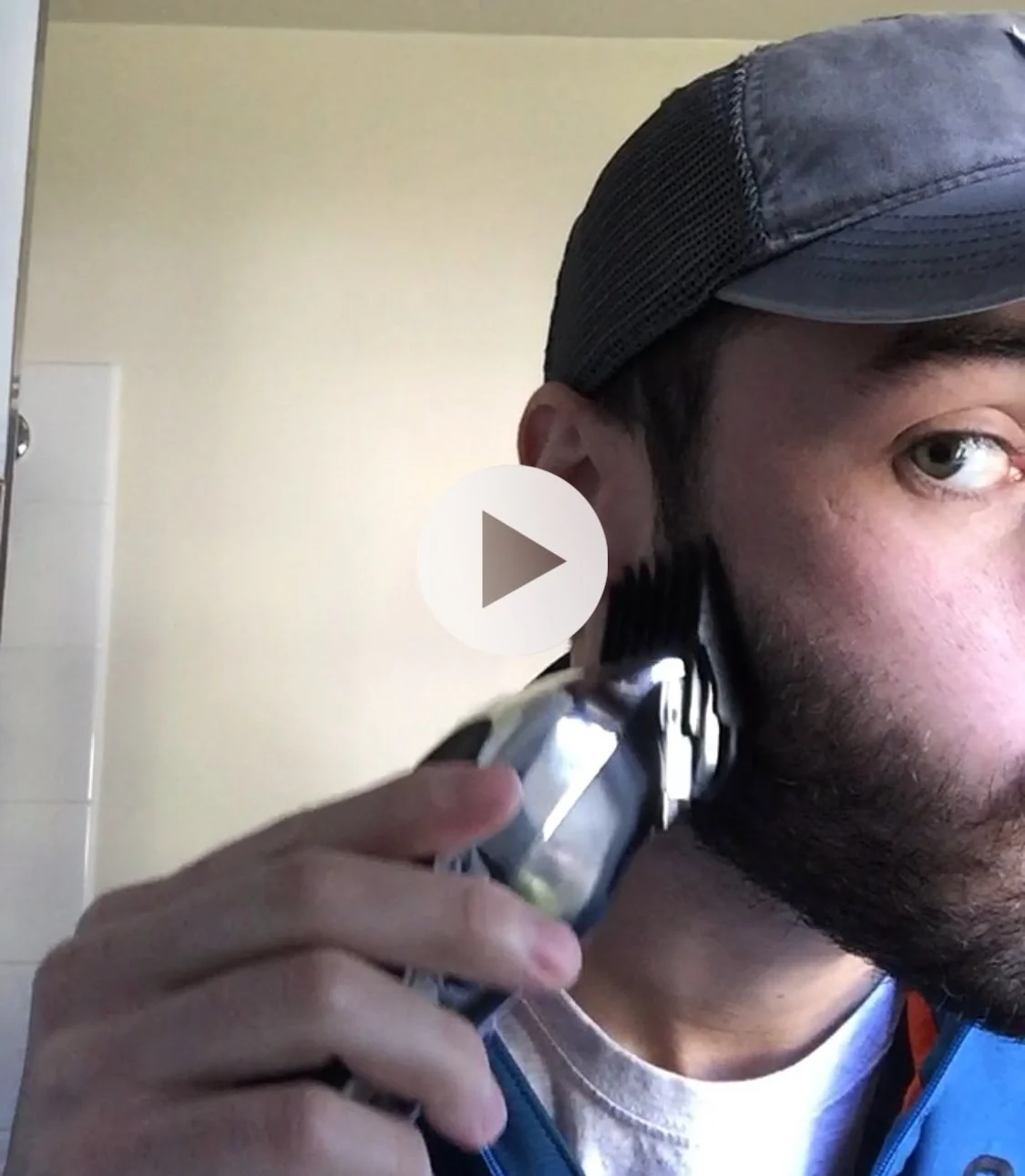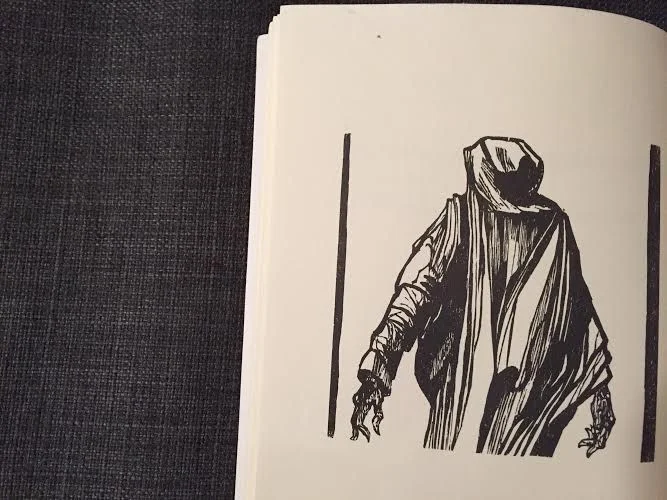In Search of Free Time: My Bookmark Reflection on Proust
Only a few years ago I wanted to read Marcel Proust for two reasons. The first was after reading Carolyn Kizer's poem called "What the Bones Know" where she sneakily disavows Proust for thinking love needs jealousy, but she admits "Proust took away my breath."
That was the first time. I didn't know much about Proust then besides that he had a large novel overly devoted to detail. I’ll get to the second reason in a minute.
When I started reading Swann's Way based off this strange promise of him taking away my breath, I can't imagine now that I really expected to fall so utterly hard. Swann's Way is the first volume or "book" of the seven books that comprise the 4000-some page collection, In Search of Lost Time. I made it perhaps further than most since I finished volume I, but I didn't make it too much farther than that into volume II.
Not much happens in Swann's Way. A boy eats a piece of cake and an honorable man falls in love with a prostitute. It's one of the best novels I've ever read, but I'm not going to pretend that summarizing its events will inspire anybody to read it. But now that I've taken a two year hiatus from In Search of Lost Time, I've returned to the second volume (what is actually my second attempt at the first hundred pages). What I will aim to do is give you a summary from my bookmark, from where I am and what about Proust took my breath away.
The novel explores two types of memory. One is the the stuff we try to remember, or voluntary memory. And the other is made up of the mysterious motes of memory and desire that float beside us and are lost, but regained later in life involuntarily. The idea is we store memories and they can be later awakened through scents and tastes and sounds and touches.
It's like if I were to volunteer memories from childhood, I might say a thing like, "I grew up in Minnesota and went to a lot of summer camps." But involuntary memory would be something more like this: "When I smell the first snowy air of winter I remember the dog my parents had when I was really young, that even though it was white and fluffy it used to scare the shit out of me." The senses turn on involuntary memory, and the reasoning can be obvious or totally obscure.
Proust's prose is brisk, I thought. While you should read the first fifty pages quietly in a room with the door locked, once you get going the sentences are intoxicating. They're long, and build on each other musically. Pages and pages of peripatetic observation culminate in bombshell realizations. You begin to recognize moments where involuntary memories are arising in the narrator and in others.
Reading Proust is about having an intense correspondence between words written on a page and your own senses. Countless times I remember reading about an observation that got long-winded only to find myself smiling at the pleasure of reading it. By the end of Swann's Way, it didn't matter if I was on a bus or crowded subway -- I brought it everywhere.
Which brings me back to my bookmark and remembering that, guess what, I haven't finished the book yet. Doing this kind of reading is hard to sustain. Emotionally, intellectually. And then there of course is time. Who has it?
The second reason I picked up Swann's Way is even baser than my first. It was after I heard the journalist Kathryn Schulz say in a podcast something to the effect of "People say they're going to read all of Proust this summer -- yeah right!"
By relistening to the podcast tonight, another involuntary memory flicked on, where I can almost hear myself in a stringy obnoxious tone -- Oh yeaahhh??
This second reason for reading Proust, I'm realizing, is completely the wrong one, and it is why most people don't finish him.
Schulz makes an interesting point. There is an attitude out there that In Search of Lost Time and a whole shit ton of other novels require time set aside to read them -- time dedicated only to these books. A summer vacation, like when I was a kid, or the fantasy I sometimes get of needing to retreat to a cabin to read Middlemarch in its entirety. That I need to physically escape my everyday life in order to start reading something that is beautiful.
But I think the opposite is true -- necessary even. I don't think Proust would have colored my life so much if it wasn't for my needing to commute and report to a job 40 hours a week.
Few things are more luxurious than having time to read. But we don't need to be gluttonous about it. Carving out time to read doesn't mean digging yourself a well that is a week deep (or a summer deep, for that matter).
This year I've tried to take 30 minutes to an hour each day to devote myself to reading. When you love something and it's beautiful this is easy to do. Proving to your professors or your friends you're smart enough to read Proust is a dead end. Books aren't written for a curriculum.
And still, here I am two years later, at the end of yet another long digression, with the bummed out feeling that I'm hardly any farther along than where I was a year ago. But today while reading, I came across a sentence that completely slipped past me in my first attempt.
It was as though his jealousy, not dissimilar in that respect from those maladies which appear to have their seat, their centre of contagion, less in persons than in certain places, in certain houses, had had for its object not so much Odette herself as that day, that hour in the irrevocable past when Swann had knocked at every entrance to her house in turn, as though that day, that hour alone had caught and preserved a few last fragments of the amorous personality which had once been Swann's, that there alone could he now recapture them.
In this sentence something rather extraordinary happened. An event in the novel from nearly 300 pages ago, separated from me by 2 years, came rushing back. I remembered the debilitating jealousy of Charles Swann and the wickedness he was capable of. And you can feel the ripple of shame for the jealousy he enabled. I pick up the sentence in the middle and follow it to the end. I shape my mouth to say "in certain places, in certain houses." Each reading feels like it's bringing me closer to understanding the structure of a book I haven't fully read. And so I pick up again, in the middle of things, for another day to read.





